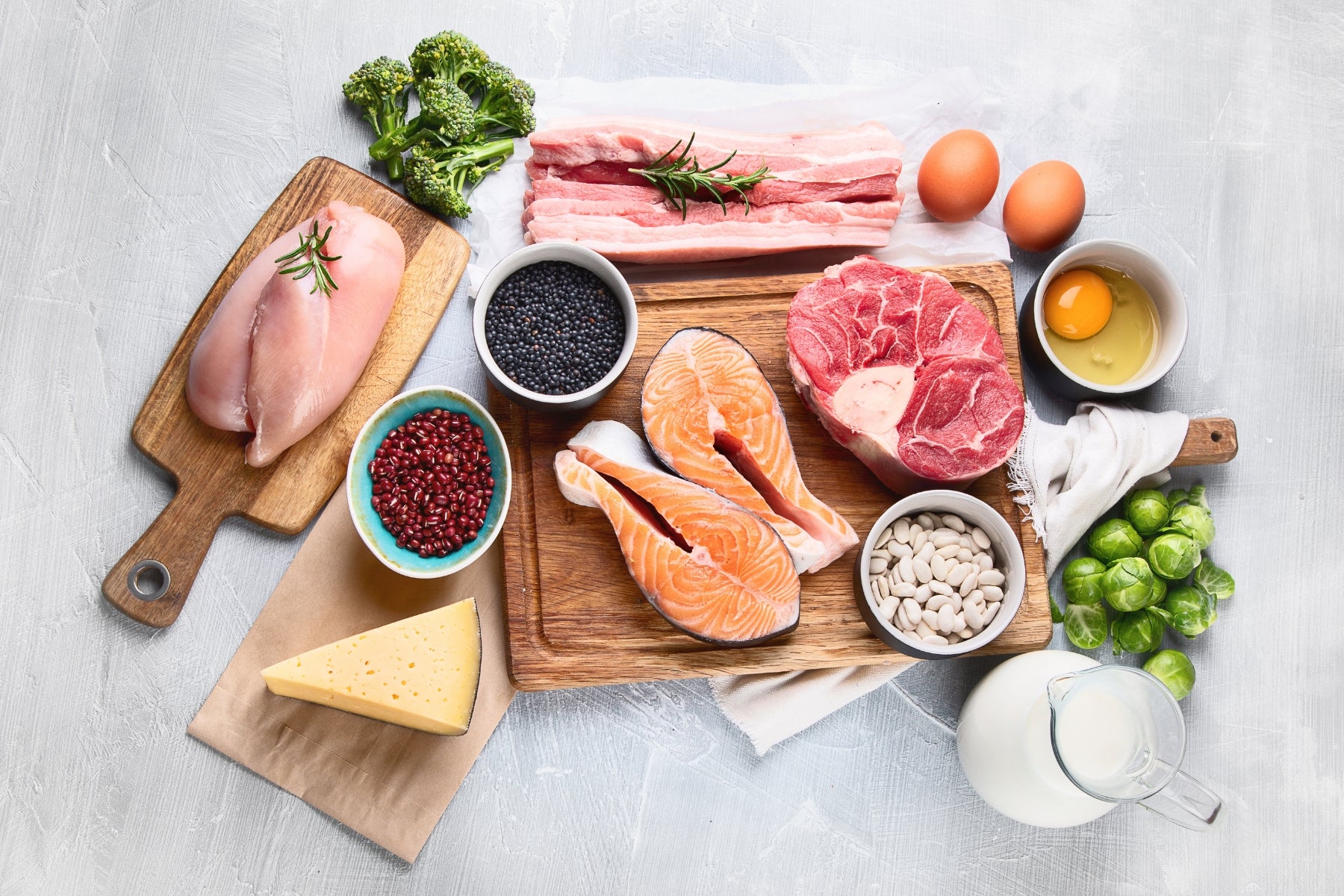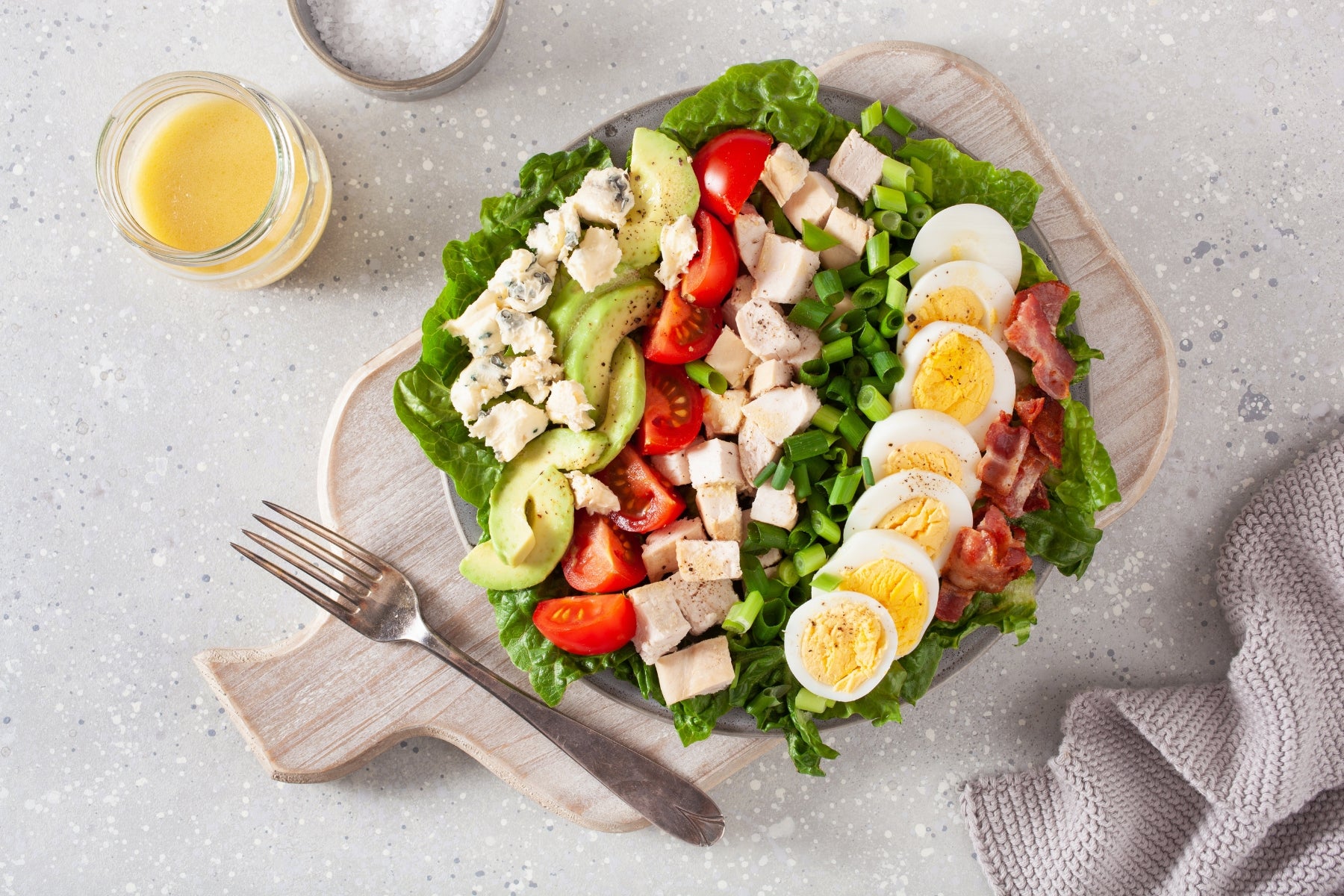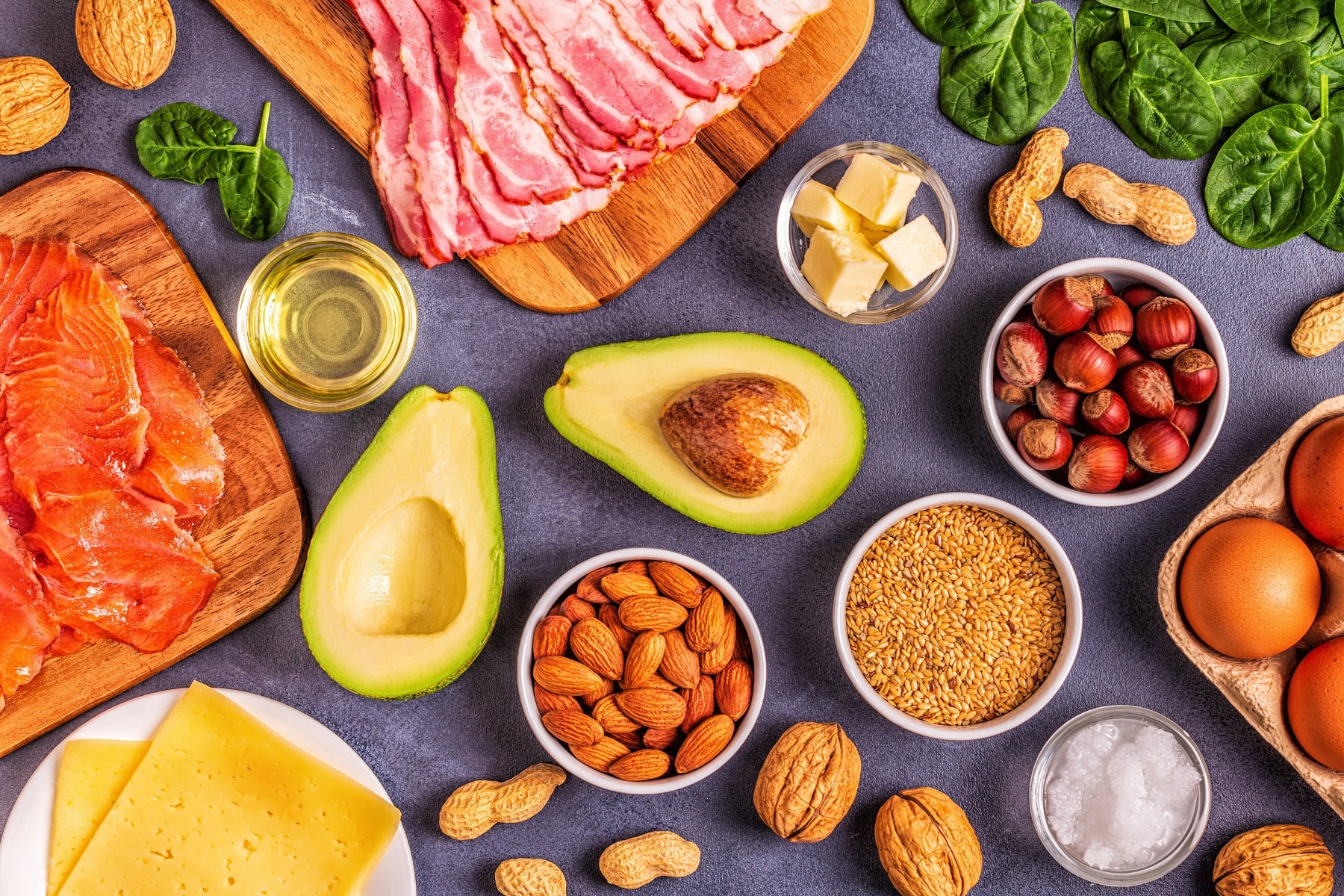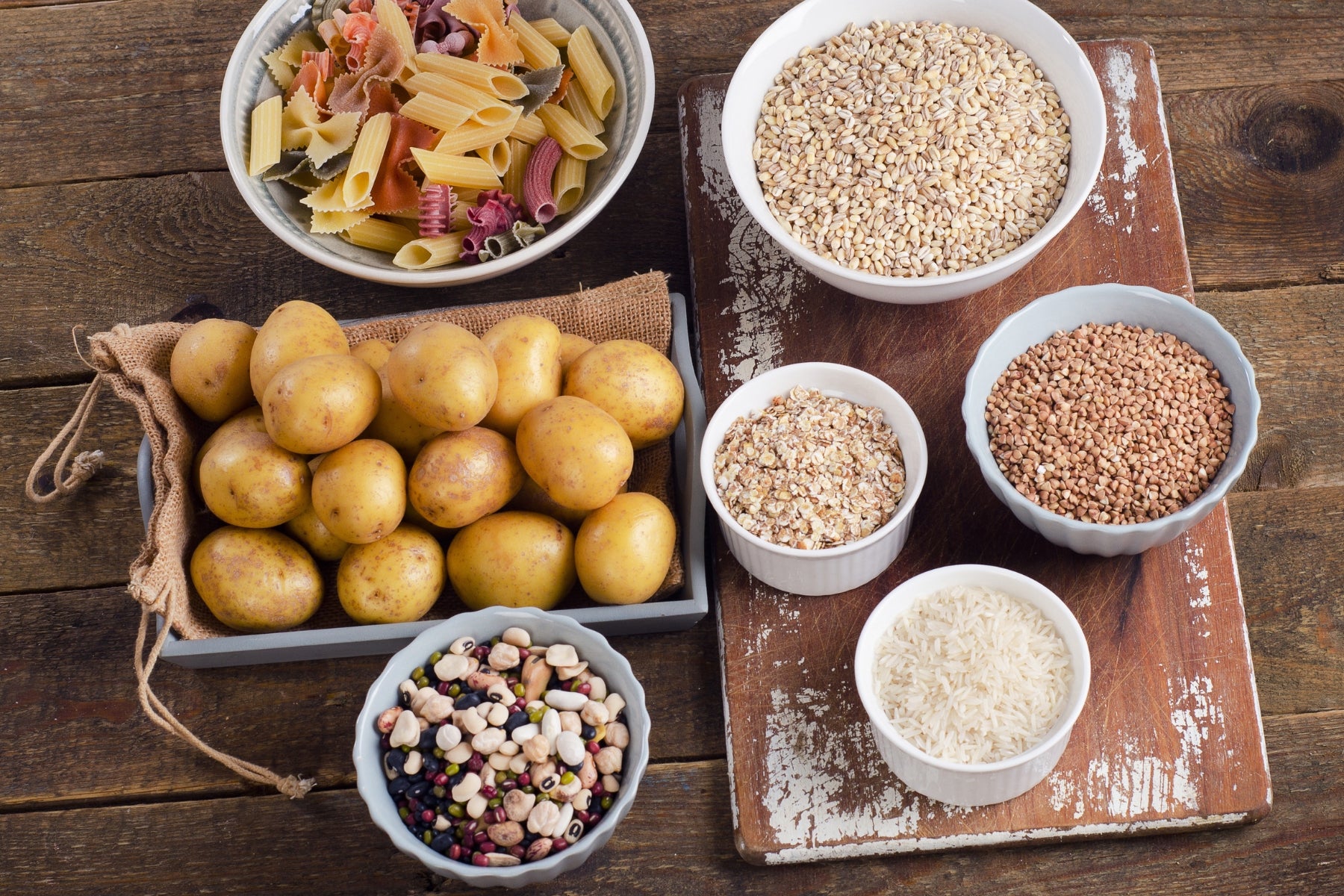
Protein diet: The high protein nutrition for the dream body
What is a protein diet?
Definition of the protein diet
A protein diet, also known as a high protein diet, is a special diet in which you receive most of your daily calories from protein -rich foods. The focus is on consuming proteins and reducing the supply of carbohydrates and fats.
Goals of the protein diet
The main goal of a protein diet is usually the weight loss. Due to the increased protein intake and reduced intake of carbohydrates and fats, the body should effectively burn fat effectively. In addition, a protein -rich diet can help build and maintain muscle mass.
Advantages of the protein diet
A high protein diet has many advantages for your body. Protein keeps full and reduce cravings. In addition, protein has a higher thermal effect than carbohydrates and fats - this means that your body burns more calories in digestion of protein.
Food in the protein diet
Recommended protein -rich foods
In a protein diet, you should mainly consume foods with a high protein content and little fat and carbohydrates. These include lean meat such as chicken and turkey, low -fat fish such as tuna and cod, eggs, lean curd, hut cheese and vegetable protein sources such as tofu, temeh and seitan.
Foods that should be avoided
Carbohydrate -rich foods such as bread, pasta, rice, potatoes and sweets as well as high -fat food such as fried food, fat sauces and ready meals should be severely restricted or fully avoided in a protein diet. Alcohol and sugar -containing drinks are also taboo.
A balanced addition to the protein sources
Make sure you add your main meals with a portion of vegetables or salad. Green leafy vegetables, cucumbers, tomatoes and other vegetables with little carbohydrates provide you with important vitamins and fiber without delivering many calories. Healthy fats from nuts, seeds, avocados and olive oil in moderation are also important.
Example nutrition plan for the protein diet
Breakfast
For breakfast, for example, are suitable in a high protein diet:
- Small eggs with spinach and cooked ham
- Lean curd with nuts and berries
- Protein pancakes made of oatmeal and egg white
Lunch
At lunchtime you can enjoy the following protein -rich meals:
- Turkey breast strips with vegetables and whole grain rice
- Tuna salad with tomatoes, cucumbers and egg
- Tofu vegetable pan with olive oil
Dinner
In the evening, these protein dishes are available:
- Chicken fillet with steamed broccoli
- Pacified fillet with oven vegetables
- Linsen curry with whole grain naan
Snacks
The protein diet can also be optimally implemented with the right snacks:
- Lean curd with linseed oil
- Hard -boiled eggs
- Roastbeef discs
- Vegetable sticks with hummus
Important information about the protein diet
Drink enough
In a high protein diet, it is particularly important to pay attention to sufficient fluid intake. Drink at least 2-3 liters of calorie-free drinks such as water and unsweetened tea a day. This supports the kidneys in processing the increased protein intake and prevents dehydration.
Slow transition to normal nutrition
After the end of the protein diet, you shouldn't return directly to your old eating habits. Slowly install more carbohydrates again and increase the protein intake step by step. So you avoid the yo-yo effect and get your body used to a balanced diet.
Observe possible risks
Long -term and excessive protein intake can burden the kidneys and liver and increase the risk of certain diseases. A lack of nutrients is also possible if complete food groups are dispensed with. Talk to your doctor beforehand whether the protein diet is suitable for you.
Sporting activity and protein
Muscle building through strength training
In order to maximize fat burning and build muscle at the same time, you should combine the high protein diet with regular strength training. By building muscle, you increase your basal metabolism, which helps long -term weight loss and holding weight.
Protein to regenerate the muscles
After training, your muscles need protein to recover and grow. A portion of egg whites about 30 minutes after training, for example in the form of a protein shake or lean chicken breast fillet, optimally supports the regeneration of the muscles.
Don't forget endurance training
You shouldn't ignore endurance training either. Regular cardio training such as running, swimming or cycling burns additional calories and strengthens your cardiovascular system-the perfect compensation for strength training.
Conclusion: Protein diet for quick and effective successes
The protein diet is an excellent way to lose weight quickly and effectively and build muscle mass. By focusing on protein-rich and carbohydrate and low-fat foods, you bring your body to tap stubborn fat reserves.
In combination with regular strength and endurance training, you create a dream body in record time. However, make sure to drink enough and not do the high protein diet for too long to minimize health risks. So you reach your goals with the protein diet - and with a smile!
Frequently asked questions
What can you eat with protein diet?
With a protein diet, protein-rich foods such as lean meat, fish, eggs, lean curd and hut cheese are on the menu. The diet is complemented by fiber -rich vegetables and healthy fats. Food -containing foods such as bread, pasta, rice and sweets, on the other hand, should be greatly reduced.
Can you lose weight with protein?
Yes, a diet with a high proportion of protein and a reduced supply of carbohydrates and fats can help effectively with losing weight. Protein keeps your full, has a high thermal effect and supports the structure and maintenance of muscle mass - all factors that favor weight loss.
What is high protein good for?
A protein -rich diet is not only suitable for losing weight, but also supports muscle building and regeneration after training. Protein delivers important amino acids that need your muscles for growth. In addition, an increased protein intake can help reduce cravings and regulate insulin release.


